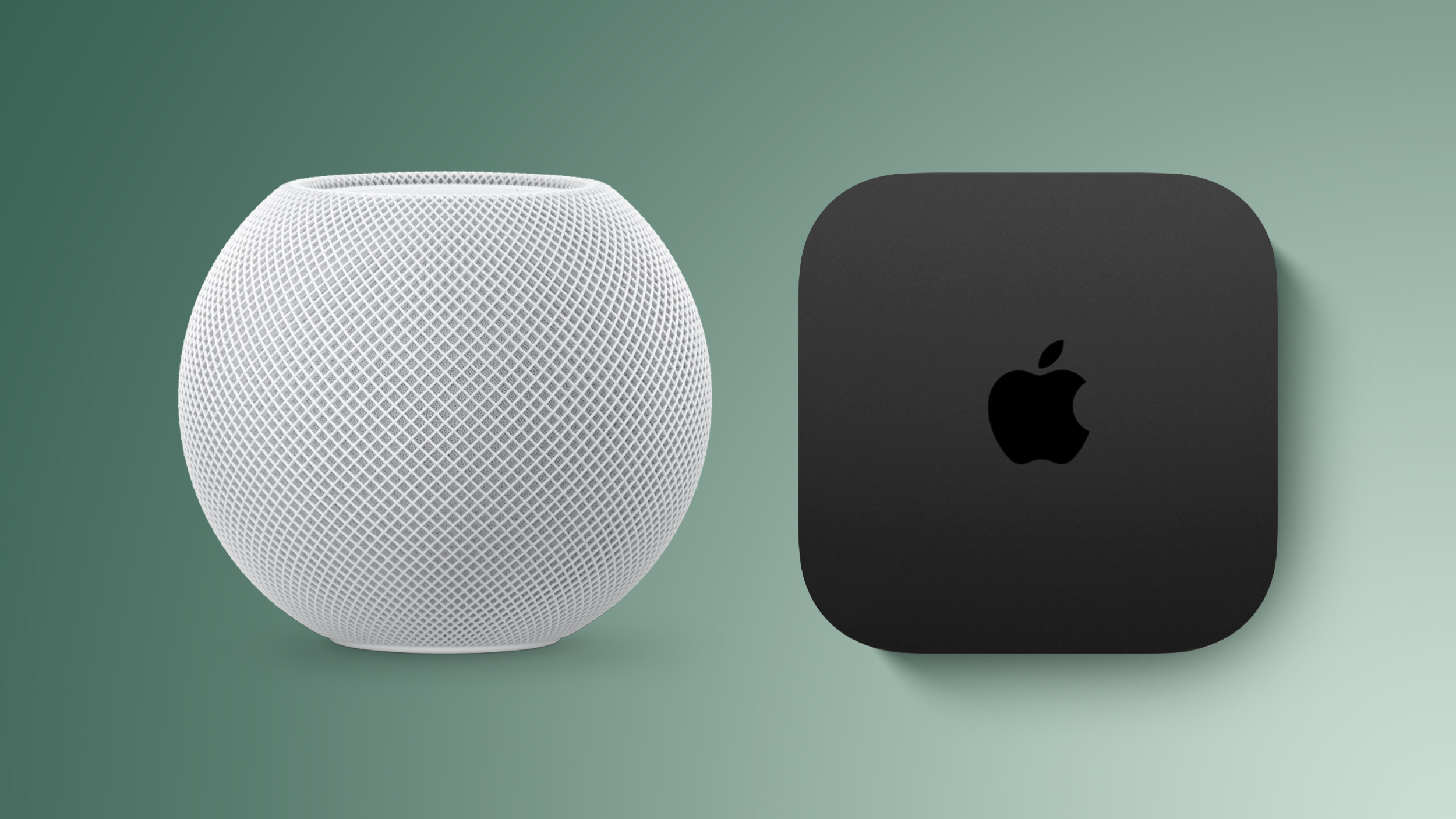|
Who needs Half-Life 3 or Beyond Good & Evil 2? Roku, in an attempt to gamify content discovery on its platform, has cooked up a gaming announcement for the ages. Behold: Roklue. Yes, that's a real name that someone with a job title and (likely high) salary came up with.
Roklue (shudder) will quiz players on "the movies and TV shows that everyone is talking about," along with classic "beloved favorites." When it references a movie or show, it will provide a link for you to tune in on your device. The initial version is an Oscar season tie-in ("Roklue: Awards Season") that debuts on Saturday. This inaugural version is produced by B17 Entertainment, a Sony-owned company.
Roku says it will rotate thematic content throughout the year. Variety reports that those will center around music festivals, the Emmys and holidays.
Apart from that name, which should come with a gag-reflex warning, Roklue sounds harmless enough. You play a trivia game to find new stuff to stream; Roku grows its engagement. Win-win. But with corporate schemes like this, it's always worth wondering where further monetization might eventually come into play. Think something like linking to series on platforms you don't yet subscribe to. (Hello, kickback.)
On March 7, you'll fi
|
|
 Apple this week unveiled seven products, ranging from the iPhone 17e to the MacBook Neo, but new Apple TV and HomePod mini models were not among them. Apple this week unveiled seven products, ranging from the iPhone 17e to the MacBook Neo, but new Apple TV and HomePod mini models were not among them.
|
|
For an electric car to survive in this incentive-free, tariff-laden, emissions-loving world, it has to be very, very good. It also helps if it's priced right, and looking great doesn't hurt either.
Unfortunately for BMW's latest EV, the i3 sedan, we still can't say much about those last two questions. BMW hasn't announced pricing yet, and thanks to some eye-crossing camouflage, it's impossible to know exactly what it looks like, either. But, after a day behind the wheel of a prototype machine sliding it through the Swedish wilds, I can at least confidently confirm that it's shaping up to be a very good indeed.
Deja VuIf you're thinking to yourself, "Wait, didn't BMW already have an i3?" You are absolutely right. Back in 2013, BMW released its first mass-market electric car, a little five-door hatchback called the i3. I drove a few versions of it over the years. It was wonderful and novel and earned itself some ardent fans, but it never quite reshaped the motoring world the way that its creators surely hoped.
A decade later, BMW's got a new i3 that has the potential to be a far bigger success on the global scale, and it also resets that designation to slot in with the company's already well-established naming scheme. BMW's 3 Series is its iconic sedan, and "i" is the designation for its electric vehicles. The i3, then, should be an electric sedan, and so it is going forward.
|
|
 Apple's new MacBook Neo could help the company grow notebook shipments by nearly 8% this year, even as the broader laptop market faces a hefty downturn, according to a new report from TrendForce. Apple's new MacBook Neo could help the company grow notebook shipments by nearly 8% this year, even as the broader laptop market faces a hefty downturn, according to a new report from TrendForce.
|
|
Commercial quantities of the required fuel are currently only available from one vendor: the Russian state.
|
|
